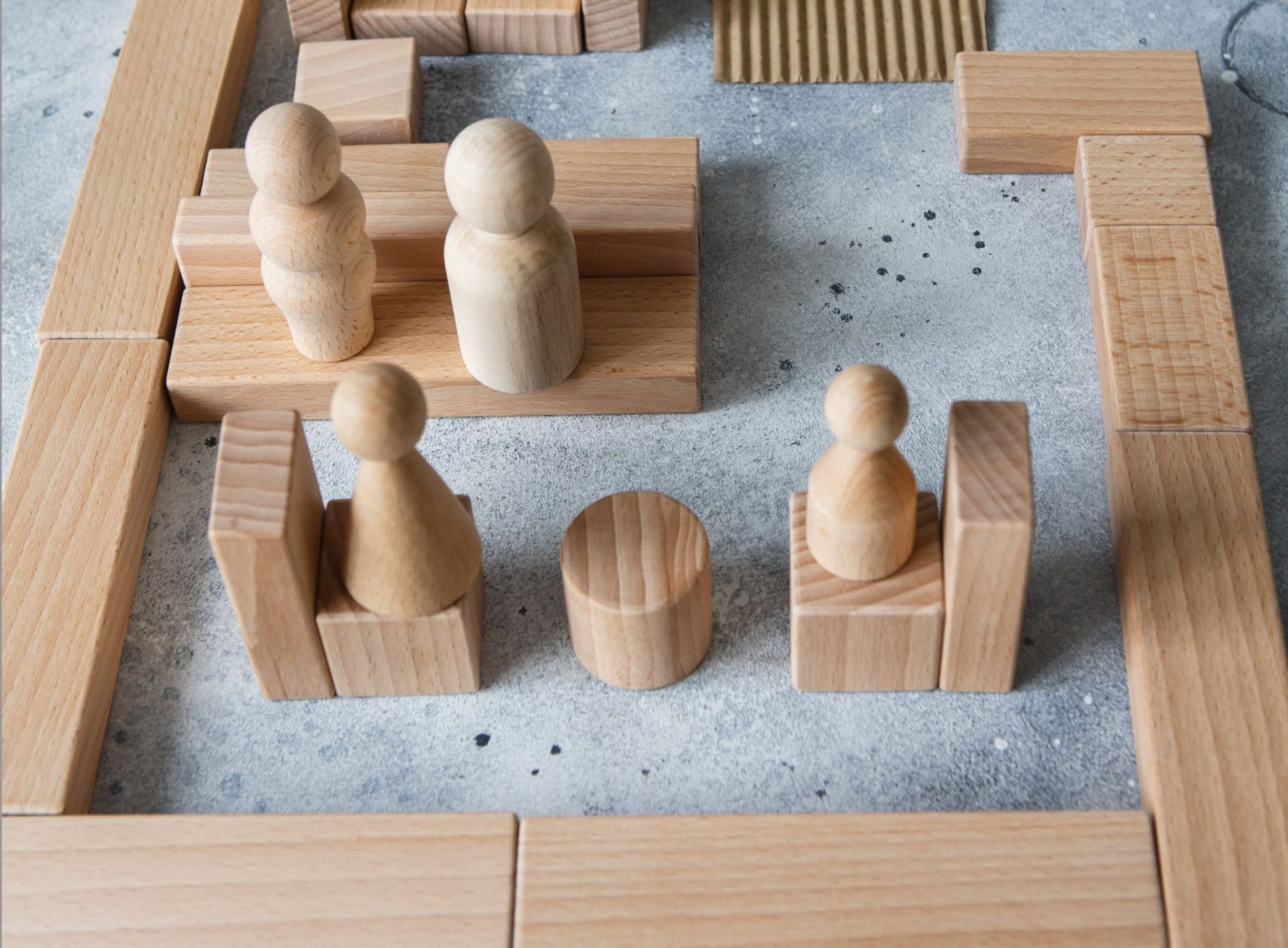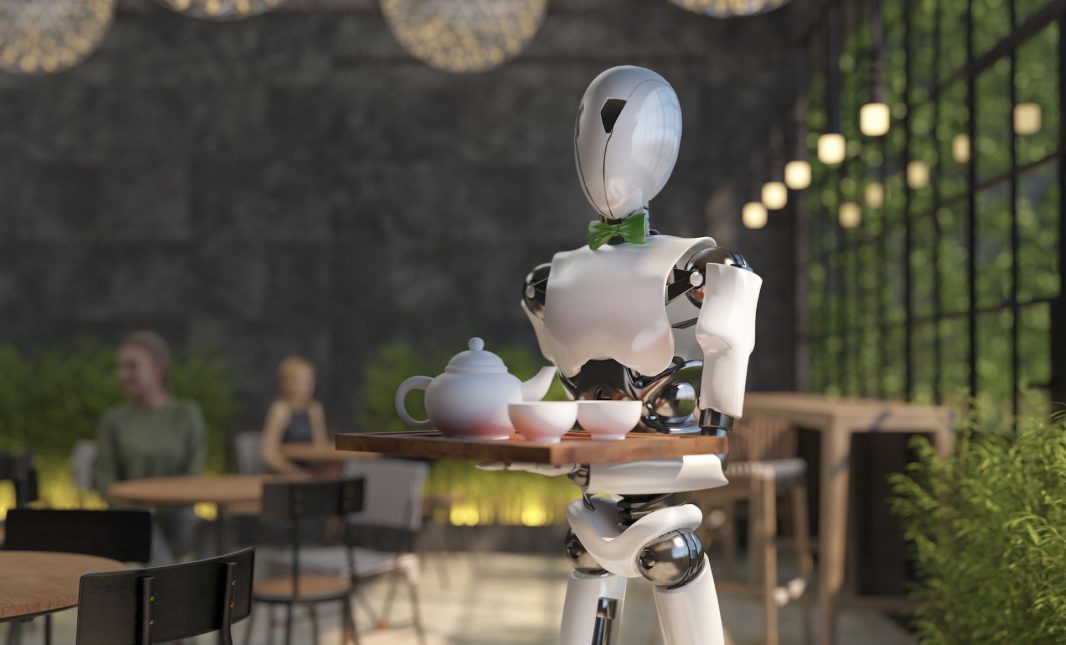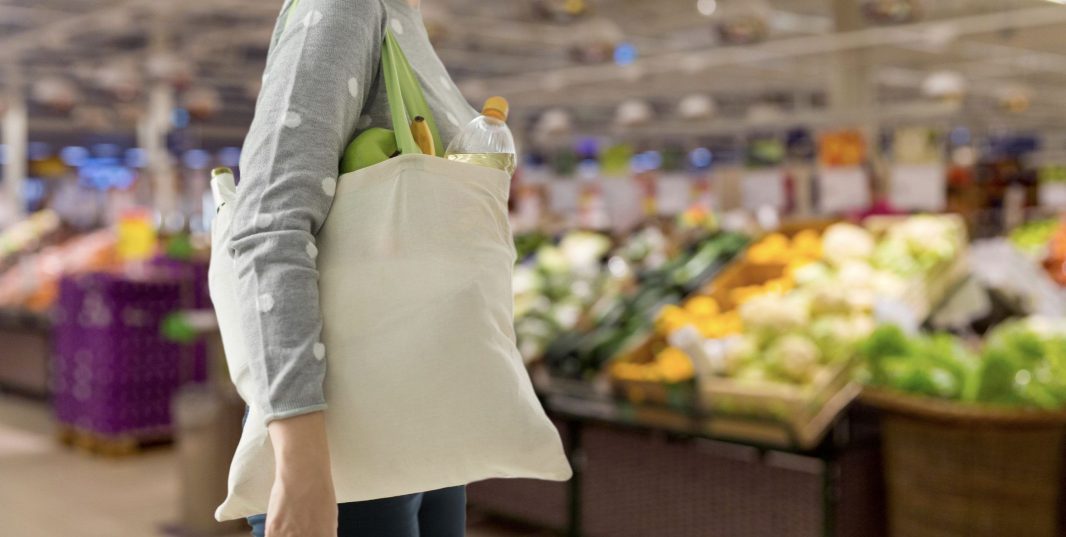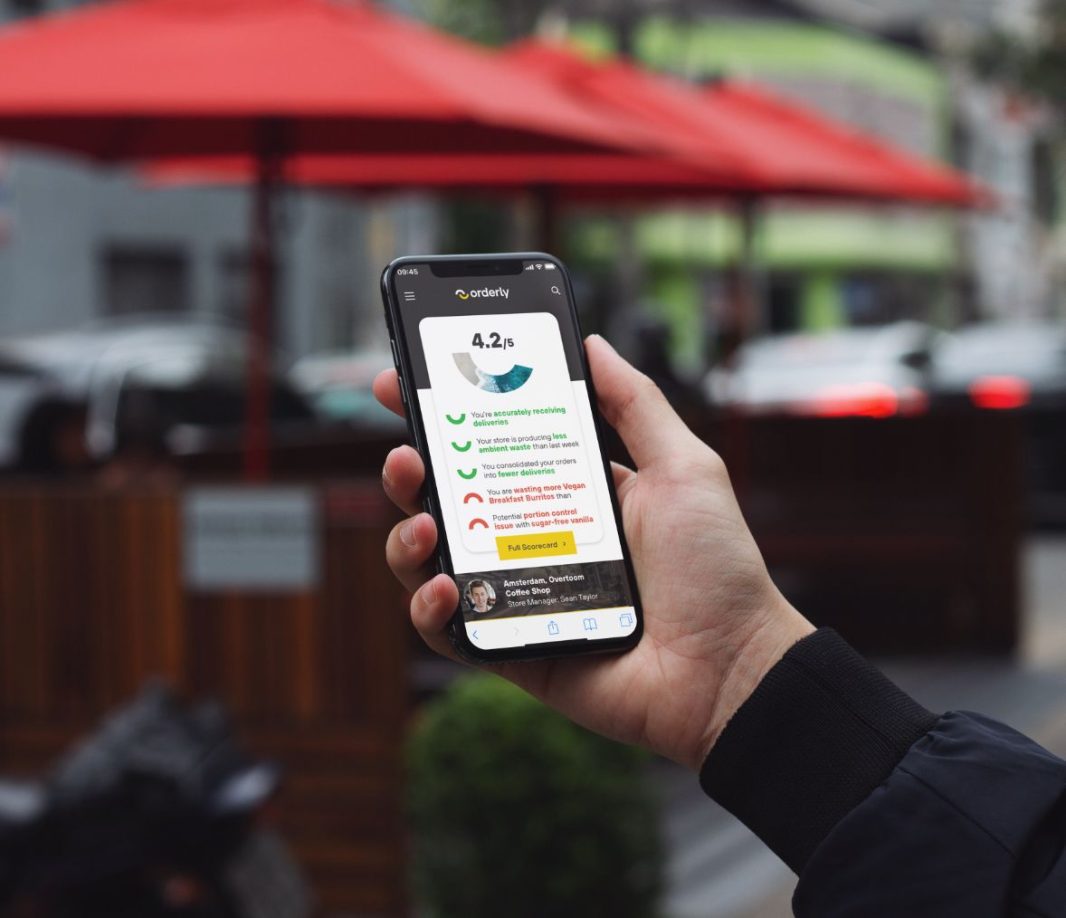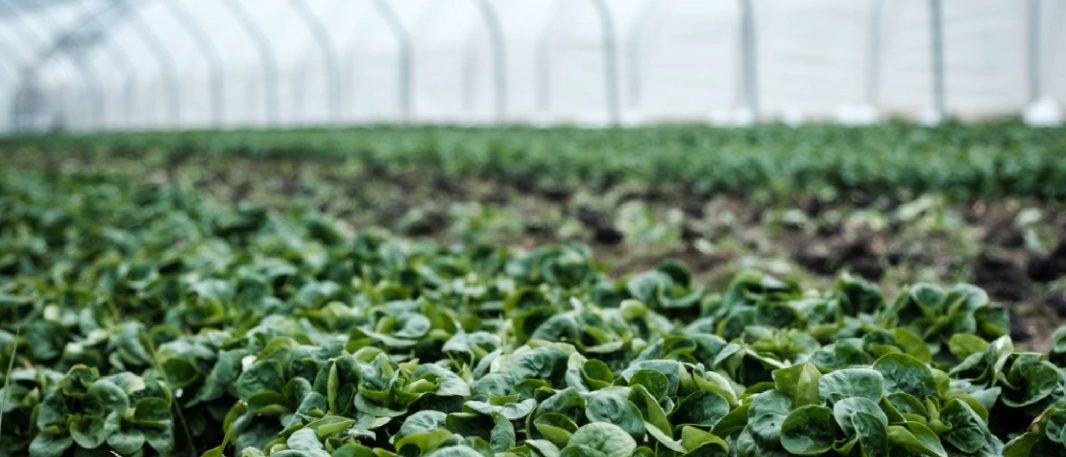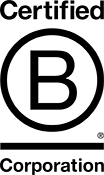Step aside, Peloton. Back of the line, juice cleanse. This year’s resolution – which we are presenting to you after the first week of fervour has come and gone – should be about saving the planet. Of course, it’s not all superhero capes, but our favourite ‘s’ word is sustainability, and we think the answer to overall engagement is to play more.
Now, we know that fun hasn’t been top of our list for the last 19 months- and to get serious, we all know there is much more that businesses can do. While in our ‘2021 Wrap Up’ we covered some of the great news and developments, there were some major roadblocks in industries. But now – to pinch a phrase from the UK government- it’s the time to ‘build back better’.
Hospitality has had a keen eye on budgets for obvious reasons, but we believe 2022 will be the year when investment in the right tools becomes a necessity. We all wanted a crystal ball to predict what our year would look like and, in the trade, anything that can help predict supply chain changes and reduce the burden of food waste is surely something to be sought after?
Of course, we would say this. Yet, sustainability is top of mind for many of us. However, if a sample across multiple industries is to be extrapolated – there is a big gap between expectation and reality when it comes to the implementation of sustainable habits.
In a recent report from PLAY, Corporate climate crisis: why businesses need to support employees in making sustainable behavioural changes which surveyed 1,000 UK-based employees, only 14% believed that companies’ sustainability initiatives were ‘always’ impactful or genuine. This fell to under one in 10 (9%) for general employees, compared with over a third (34%) of business leaders, suggesting leaders may be overestimating the impact and value of their existing environmental initiatives for employees.
We know that there is an appetite for building sustainable habits in the workplace. In the same study, 82% of business leaders agreed that their organisation should support employees to make sustainable decisions and display sustainable behaviours, yet only 38% of employees said that their company provides them with the tools and resources to do so.
While many leaders will make their 2022 goals about integrating sustainability into key performance indicators and appraisal processes or internal comms – yours could be instead about arming your team with the tools to make their own sustainability choices and undertake their own research – and making it as easy as child’s play.
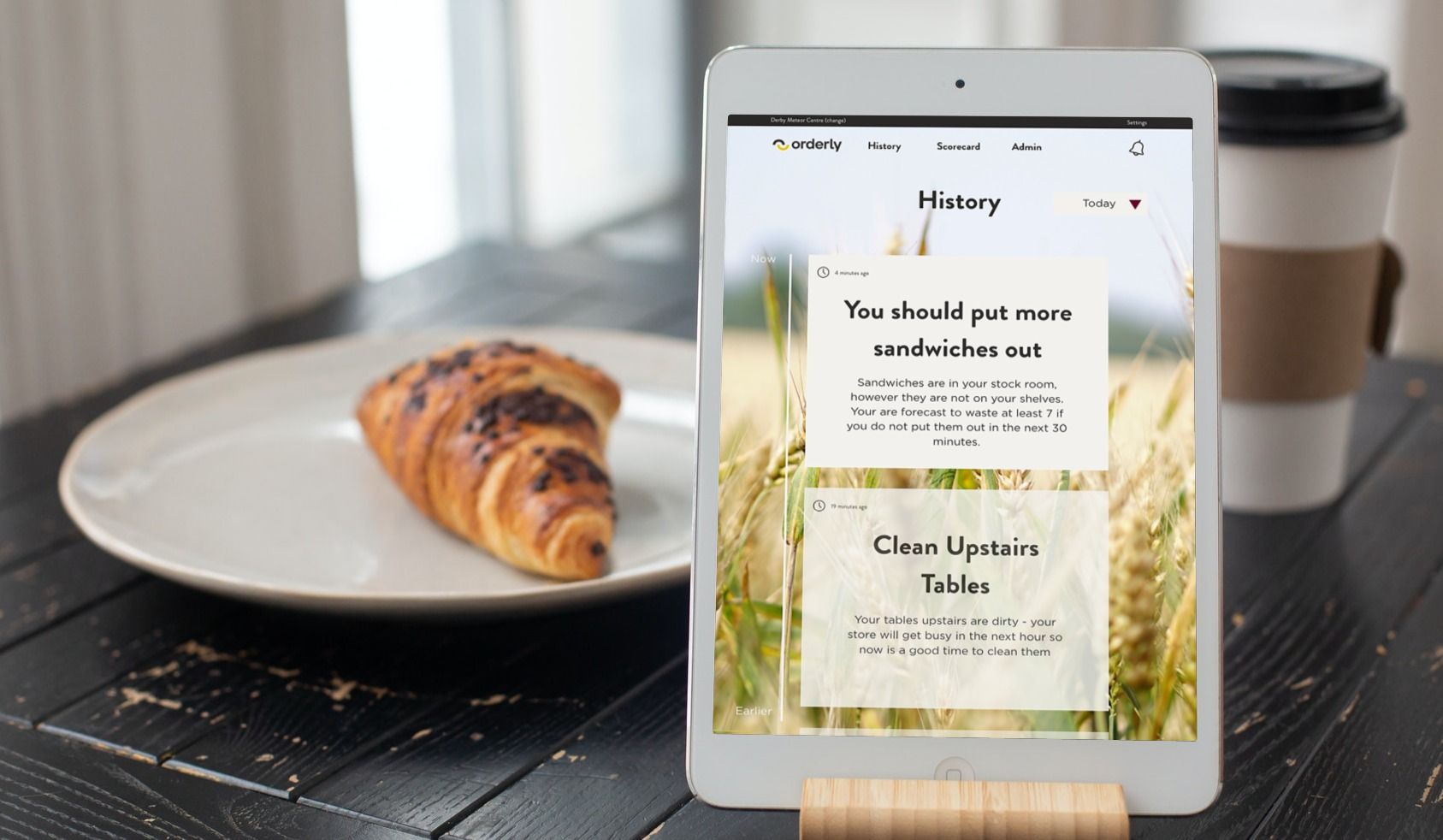
Take inspiration from gamification.
We designed the Orderly Scorecard we use to track sustainability as a ‘user first tool’. It’s designed to empower everyone from the shop floor to leaders – and to made it fun to complete sustainable tasks. Down to the design of the green typography signifying ‘good news’ and the smile-like emblem on a ‘you are performing’ notification of an AI scorecard through to the simplicity of breaking daily tasks down into one easy to view area, it’s a breeze to use – and that means it gets used.
If you can make sustainability rewarding, fun and engaging, you’re likely to see results much faster.
When asked about what strategies they think would be most effective in achieving their company’s sustainability goals, 39% of business leaders and CSOs in the Play study thought behavioural design tools, such as gamification, would be an effective strategy. We totally agree!
This view is also backed up by science.
One study, “How gamification motivates: An experimental study of the effects of specific game design elements on psychological need satisfaction” says “gamification can be a powerful solution to address motivational problems within learning or working contexts, as long as they are well designed and are built upon well-established implementation models.”
Even actual games can improve how we act.
Did you know:
- Playing the “Oil Springs” expansion of the popular boardgame “Settlers of Catan” led to increased pro-sustainability attitudes and self reported sustainable behaviours?
- Graduate students who played “Factory Heroes,” a game designed to improve sustainability leadership in the context of manufacturing, reported increased knowledge of sustainable manufacturing practices?
- A “Keep Cool” boardgame was found to increase youths’ feelings of personal responsibility for sustainability and the belief in international cooperation for finding solutions to climate change.
Source: Gamification to Prevent Climate Change: A Review of Games and Apps for Sustainability by Benjamin D. Douglasa and Markus Brauera
We have found in our own studies that the Orderly Scorecard can help in multiple areas. The Orderly Score acts as a digital store assistant, using big data and AI from a variety of data sources including POS, labour, inventory and CCTV to influence responsibility – reducing waste and increasing profit. It’s as easy as 1, 2, 3 with challenges such as:
- Three things the store manager is doing well
- Two things they can improve upon
- One score our of five, benchmarked against their peers
- Live insights, assisted by in-store cameras and sensors
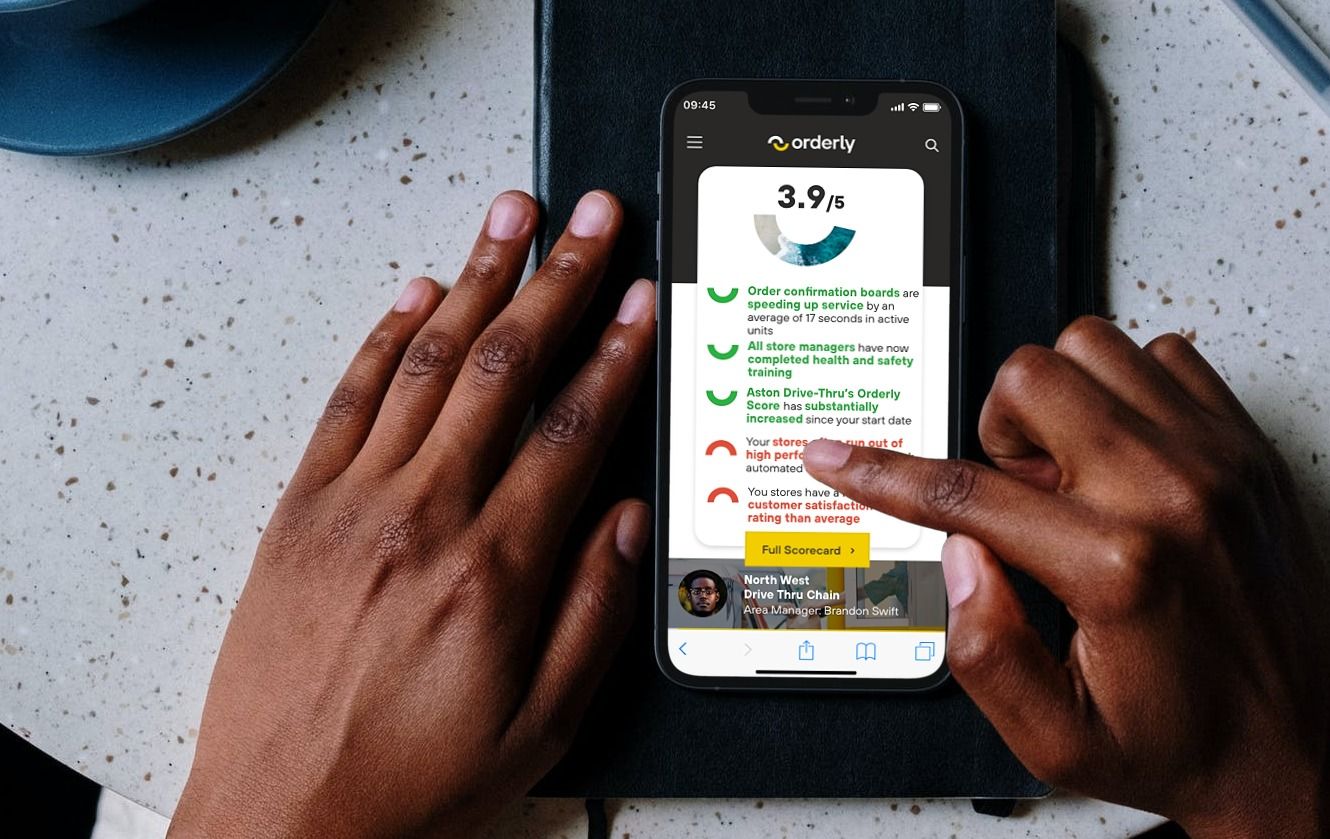
You can’t get simpler than that, and as the phrase goes: “Simplicity is the ultimate sophistication”.
After you’ve implemented the tech, and the team are implementing the changes, you can then start building an engaged community. This community can maintain momentum and share successes. Champion the employees who’ve helped. Demonstrate how much they have saved in monetary or volumes.
And perhaps then, it’s time for another resolution!
Want to know how we can increase profitability and sustainability whilst making the working environment better for your staff through tech? Drop us a line for a demo.

